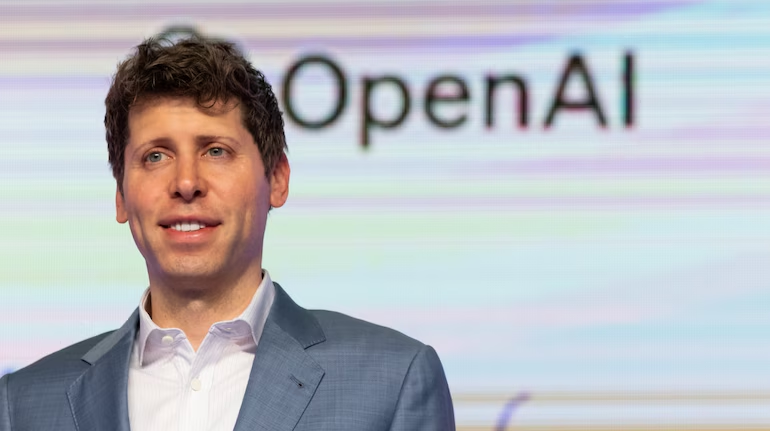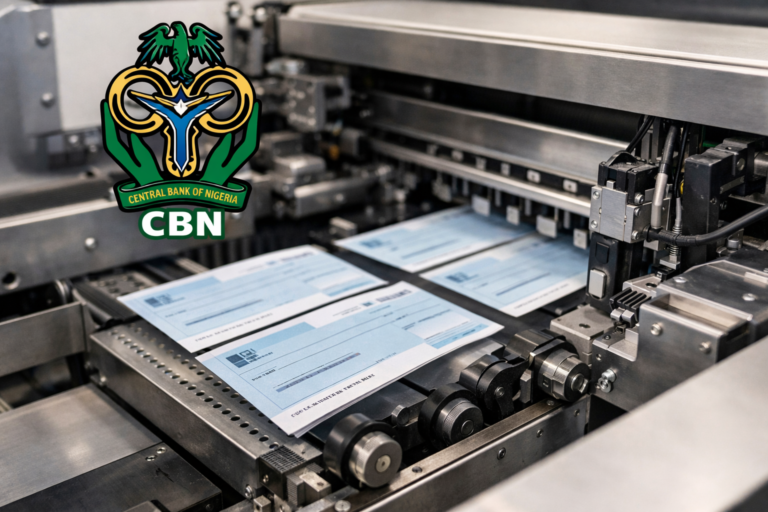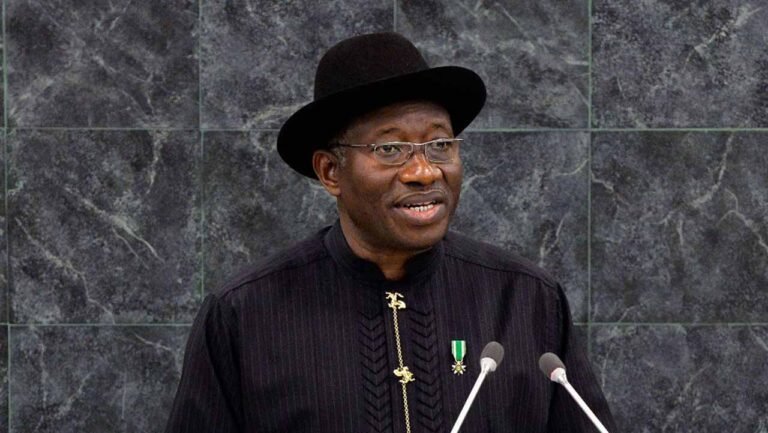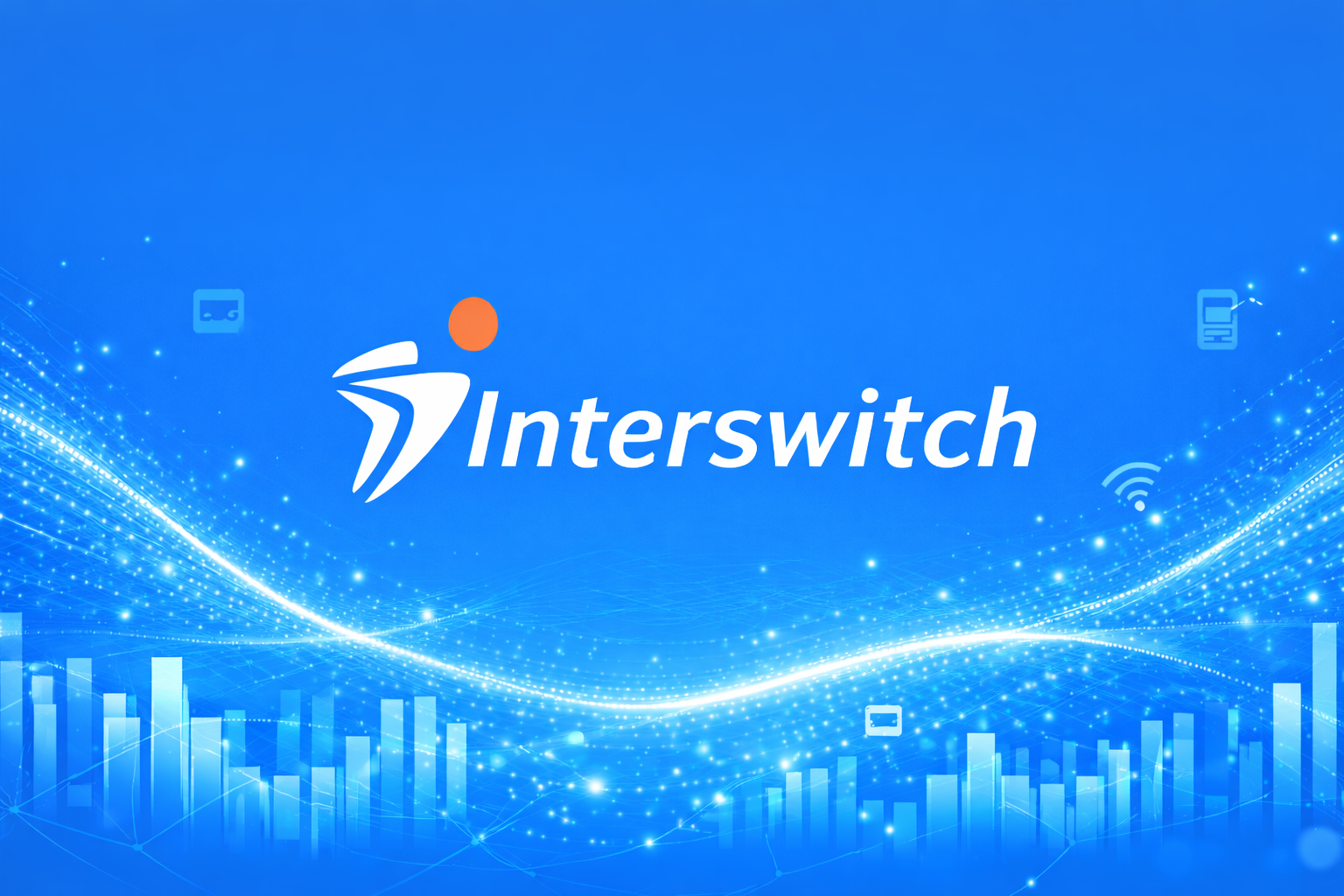OpenAI’s valuation has surged to $500 billion after a secondary share sale, overtaking Elon Musk’s SpaceX to become the world’s most valuable startup.
The deal, which enabled current and former employees to cash out, highlights the feverish investor appetite for artificial intelligence firms reshaping the global tech economy.
Employees and ex-staff sold about $6.6 billion worth of stock to a group of investors including Thrive Capital, SoftBank Group Corp., Dragoneer Investment Group, Abu Dhabi’s MGX, and T. Rowe Price, according to a person familiar with the deal. That lifted the valuation well above the $300 billion figure recorded earlier this year during a SoftBank-led financing round.
The sharp increase underscores the growing frenzy around companies building large-scale artificial intelligence models and data infrastructure. Sam Altman’s OpenAI, along with Nvidia Corp., is at the forefront of a multi-trillion-dollar race to construct data centers and power the next wave of AI services.
Although OpenAI has yet to turn a profit, it is fueling the infrastructure boom by securing major agreements with companies such as Oracle Corp. and SK Hynix Inc. These alliances are designed to ensure steady access to the compute power and semiconductor capacity required to train advanced models.
The transaction places OpenAI ahead of SpaceX, valued at $400 billion, in the league of global startups. The milestone comes at a pivotal moment for the ChatGPT creator, which is in talks with Microsoft Corp. to shift into a for-profit structure while keeping its nonprofit entity as the controlling body of a new public benefit corporation.
Founded in 2015 as a nonprofit dedicated to advancing digital intelligence “in the way that is most likely to benefit humanity as a whole,” OpenAI’s evolution has been controversial. Elon Musk, an original co-founder, has sued the company, alleging it strayed from its founding purpose by taking billions in Microsoft funding after his 2018 departure from the board.
OpenAI’s success comes amid intensifying battles for top AI researchers. Meta Platforms Inc. has aggressively recruited scientists from OpenAI and rival labs for its “superintelligence” project, offering nine-figure compensation packages.
The secondary sale is seen as a way to retain staff by rewarding them with liquidity while discouraging defections to competitors. The company had approved more than $10 billion worth of stock for sale, but employees only sold $6.6 billion, a signal some insiders may be betting on long-term growth.
The company faces mounting pressure from Google and Anthropic, which is also raising capital at a rapid pace. To maintain its lead, OpenAI has released new products including two freely available models that mimic human reasoning and its most advanced system, GPT-5, launched in August.
The moves are designed to reassert OpenAI’s dominance after China’s DeepSeek gained attention with open-source AI software earlier this year. With $500 billion now attached to its name, OpenAI has cemented its position as the central player in the AI boom, though questions linger over profitability, governance, and the existential risks both Altman and Musk have long warned about.


























